DISABILITY TAX CREDIT
Canadians Paying Federal Taxes and Suffering Any Mental or Physical Impairment May Qualify For a Disability Tax Credit refund of up to $40,000.
We’ve put together all the resources you need to learn about the Disability Tax Credit application process, t2201, Calculator, and more
No-Win No-Fee!







SELF HELP GUIDES
Facing economic hardship can be challenging even under the best circumstances. Facing these challenges due to, or along with, a disabling condition or impairment may even feel insurmountable. But help is available. In situations like this, the disabled individual or the person or family caring for them may be able to receive financial assistance in the form of tax credits.
We want to provide you with all the information you need to advocate for yourself or your loved one, so please read below- we’ve compiled answers to some of the frequently asked questions we hear as we help people just like you navigate the application process.
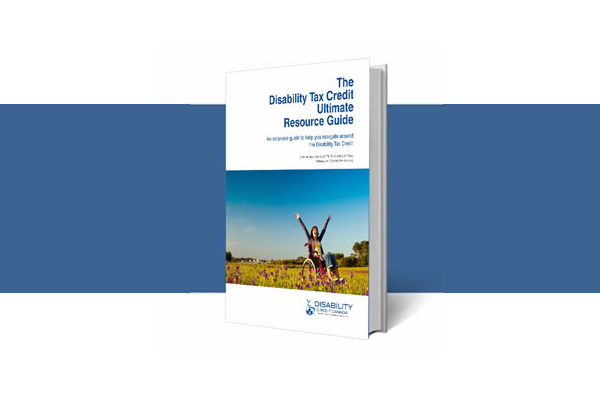
Disability Tax Credit Ultimate Resource Guide
All you need to know about the Disability Tax Credit. Eligibility, process, denial, and more.

Disability Tax Credit Calculator
Use Our Simple Calculator to Estimate Your Disability Tax Credits

Child Disability Tax Credit Guide – The Definitive Guide
All you need to know about the Child Disability Tax Credit.

Disability Tax Credit Application Process
Step by step information on how to file the Disability Tax Credit.

Child Disability Tax Credit Benefits
Learn about the Child Disability Tax Credit Benefits & if eligible.
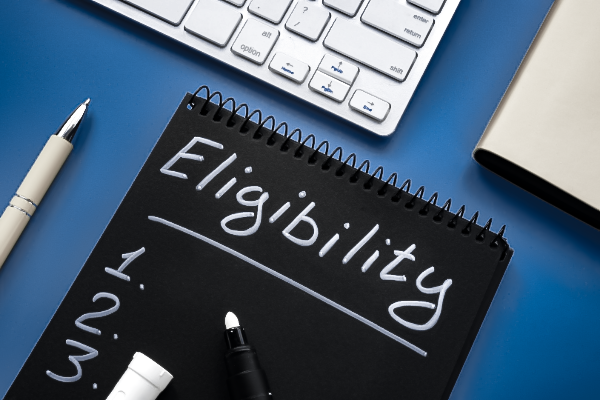
Disability Tax Credit Eligible Conditions
Factors you should consider when applying for the Disability Tax Credit.

Canada Caregiver Credit Guide
Tax relief for caregivers through the Canada Caregiver Credit (CCC)
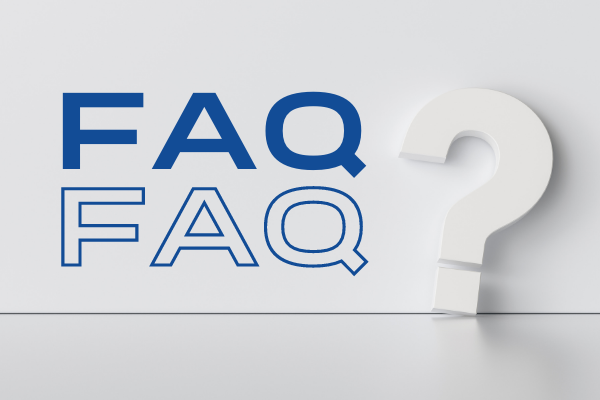
Frequently Asked Questions
Frequently Asked Questions Related To Disability Benefits, Requirements And Much More!

T2201 Disability Tax Credit Certificate
Learn all about the T2201 certificate, where to find it, what to fill in, and more!

How To Support Children With ADD/ADHD
Tips And Tricks To Understand How To Support Children With ADHD.
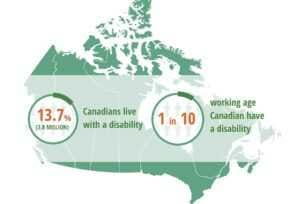
A Statistical Look At Disabilities In Canada
A Look At The Statistics Of Disabilities In Canada

Disability Related Province Resources
Services And Programs In Different Provinces Of Canada For Disabled Individuals.
If you qualify for financial assistance or other benefits from the Canadian government, whatever you receive is considered taxable income. This means you have to pay taxes on it, but this is where a disability tax credit comes in handy. The extra benefits you receive through the CPP could mean you may owe taxes when you file your next income tax return. You could have the amount payable in taxes automatically taken out from your monthly CPP payment, instead of having to pay a large sum at the end of the tax year.
Tax credits aren’t just for the wealthy. They are available to the Canadians under specific circumstances. People who find themselves in need of financial or other assistance may qualify to receive benefits by applying for the Disability Tax Credit.
The Disability Tax Credit is managed by the Canada Revenue Agency. It is a non-refundable tax credit that people who meet eligibility requirements can claim on their income tax each year. This reduces the amount of tax that has to be paid on your benefits since it reduces the number of taxable benefits you’ve collected in the previous tax year.
Determining eligibility can be difficult, especially for a disabled person who has been out of work for an extended period of time. According to the Canadian government, qualifying for a disability tax credit means:
1. You have paid enough into the CPP over the course of your working life since age 18. You must have made a set amount of contributions to the CPP in four of the last six years, or enough over a 25 year period including three of the last six prior to becoming disabled.
2. You are actually disabled. Qualifying for a disability tax credit also means your disability is severe and prolonged, as decided upon by a medical adjudicator, a person who will review your disability, medical records, and other documents.
Finally, if you want to take advantage of this disability tax credit, you have to file a special form with Canada Revenue Agency called Form T2201, Disability Tax Credit Certificate, which needs to be validated by a doctor. You can find the form here.
If you’re in need of help, it’s available through the Canada Pension Plan and the Disability Tax Credit. You can contact Service Canada if you have questions.
In need of that extra boost? Give us a call today for a free consultation!
You can sign in to your CRA online account and check your past year Income Tax Report for Line 316 (if you were claiming for yourself), Line 318 (if you were claiming for your dependant) or Line 326 (if you were claiming for your spouse or common-law partner).
The Disability Tax Credit is a federal program that provides a refund on the federal taxes paid by the Canadian with the disabilities.
Other health-related income benefits programs, such as ODSP (Ontario), AISH (Alberta), Disability Assistance (British Columbia) are financial support programs, operate on a provincial scale.
Being eligible for the Disability Tax Credit opens up more doors for other provincial programs and benefits. You can still access your provincial financial support refund from the ODSP, AISH or Disability Assistance while receiving Disability Tax Credit.
Moreover, the Canada Pension Plan (CPP), is administered by the Human Resources and Social Development departments of the government and is the largest long-term disability pension plan of its kind in Canada.
The CPP operates as insurance. Once a person contributes to the CPP during prior working years; they will receive a monthly payment that is determined based on the contributed amount.
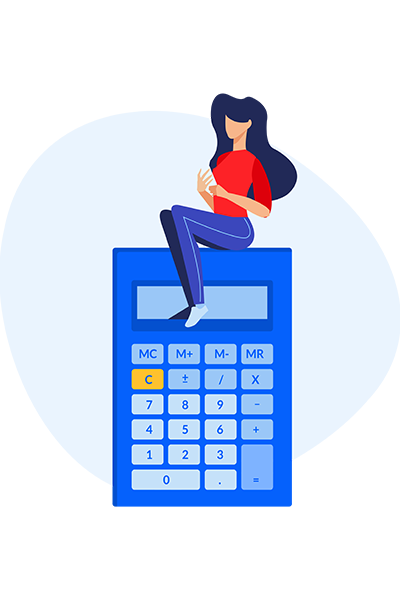
How Much Are You Eligible To Receive?
You can use our Disability Tax Credit Calculator to find how much you can receive in retroactive credits and benefits if found eligible.

